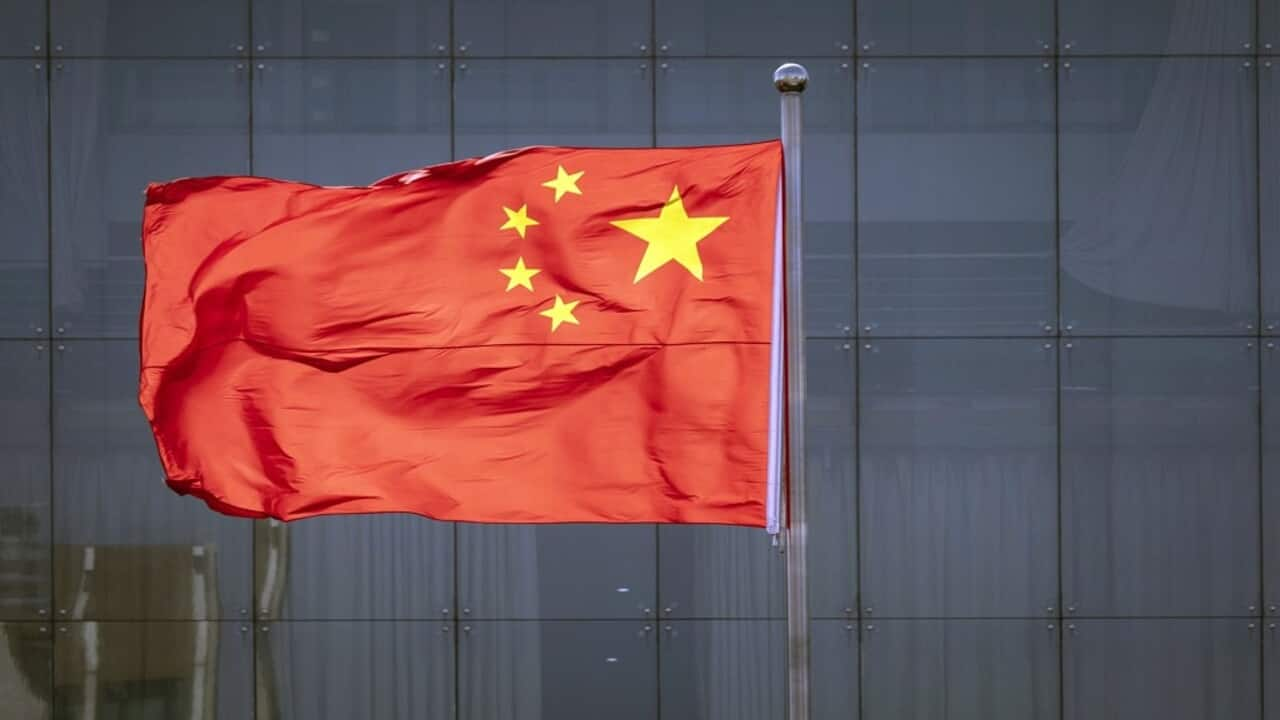
China exempts key U.S. imports from retaliatory tariffs to address supply chain gaps
Published on 27/04/2025 07:11 AM
China has exempted certain U.S. imports from its retaliatory tariffs, a move aimed at addressing critical gaps in its supply chain, according to people familiar with the matter.
The Chinese government has informed some importers that it will waive the most recent 125% tariff hikes on specific American goods, including certain semiconductors, chipmaking equipment, medical products, and aviation parts, the Wall Street Journal reported.
The WSJ reports that these exemptions underscore vulnerabilities within China's economy, particularly its dependence on U.S. imports for sectors like advanced technology, aerospace, and pharmaceuticals. Many Chinese industries remain reliant on American-made inputs, despite China’s efforts to reduce foreign dependence.
This development mirrors a similar strategy by the U.S. earlier this month, when the Trump administration announced exemptions for Chinese-made smartphones, laptops, and other electronics, acknowledging the U.S.'s own reliance on China for such goods.
The trade conflict between the U.S. and China escalated during Trump's second term, with Beijing initially targeting U.S. energy products and certain vehicles in response to the U.S.’s 20% tariff on Chinese imports. However, after Trump's "Liberation Day" tariffs on April 2, which imposed a 34% tariff on all Chinese goods, Beijing reciprocated, gradually increasing tariffs on U.S. imports to a current level of 125%.
According to semiconductor traders, Chinese customs lifted tariffs on several categories of U.S.-made chips, including central-processing units, starting on April 24. However, U.S. memory chips from companies like Micron Technology remain subject to tariffs.
The exemptions are also expected to extend to industrial chemicals such as quartz and ethane, as well as lithography machines, helicopters, and vaccines, though the list remains subject to change. Chinese authorities have been consulting with companies and industry groups to determine which U.S. goods are critical to China’s economy and cannot be easily replaced.
Michael Hart, president of the American Chamber of Commerce in China, explained that Chinese officials have been working to ensure that the tariffs do not harm the domestic economy. He noted that pharmaceutical companies have reported exemptions for shipments to China, suggesting that Beijing is managing its supply chain to avoid damage from U.S. products that lack substitutes.
China’s aviation regulator has also exempted tariffs on certain aircraft parts to allow for continued maintenance and manufacturing, despite China’s efforts to develop its own aircraft production capabilities through Comac.
The Wall Street Journal further reports that airlines, such as Xiamen Airlines and Air China, have seen at least three Boeing aircraft deliveries return to the U.S. amid these developments.
Discover the latest Business News, Budget 2025 News, Sensex, and Nifty updates. Obtain Personal Finance insights, tax queries, and expert opinions on Moneycontrol or download the Moneycontrol App to stay updated!
${res.must_watch_article[0].headline}
Sensex Today RIL Q4 Results 2025 Jammu Kashmir News Live CSK vs SRH Live Score Chris Wood HDFC Securities Asaduddin Owaisi Manipur HS Result KTET Result 2025 IPL Points Table 2025
Business Markets Stocks India News City News Economy Mutual Funds Personal Finance IPO News Startups
Home Currencies Commodities Pre-Market IPO Global Market Bonds
Home Loans up to 50 Lakhs Credit Cards Lifetime Free Finance TrackerNew Fixed Deposits Fixed Deposit Comparison Fixed Income
Home MC 30 Top Ranked Funds ETFs Mutual Fund Screener
Income Tax Calculator EMI Calculator Retirement Planning Gratuity Calculator
Stock Markets
News18 Firstpost CNBC TV18 News18 Hindi Cricketnext Overdrive Topper Learning
About Us Contact Us Advisory Alert Advertise with Us SupportDisclaimer Privacy Policy Cookie Policy Terms & Conditions Financial Terms (Glossary) Sitemap Investors
You are already a Moneycontrol Pro user.